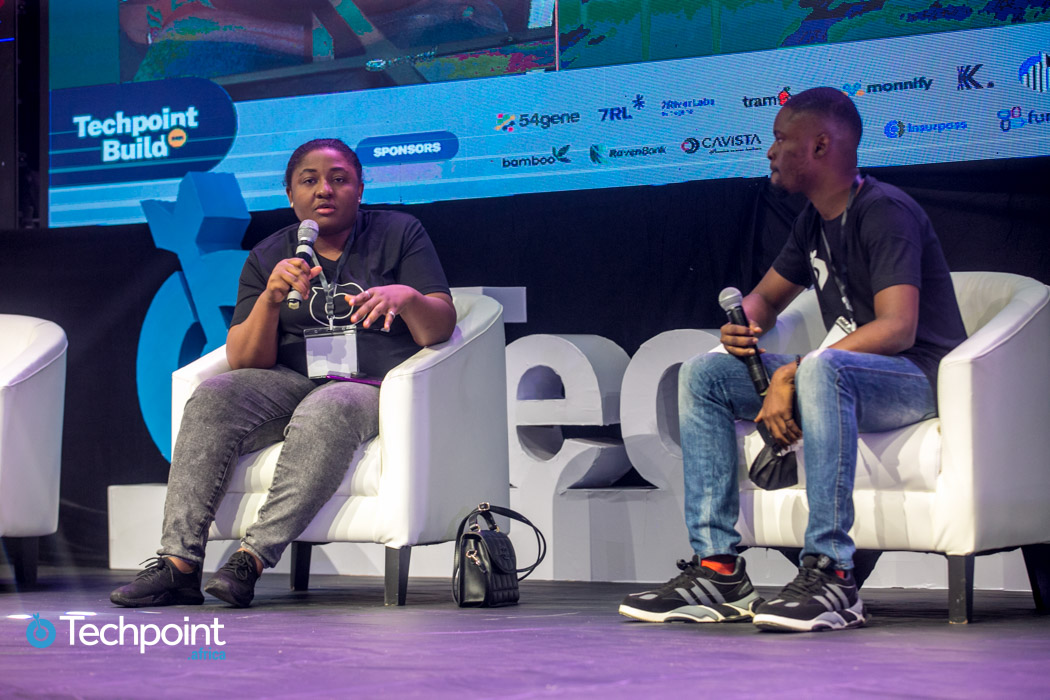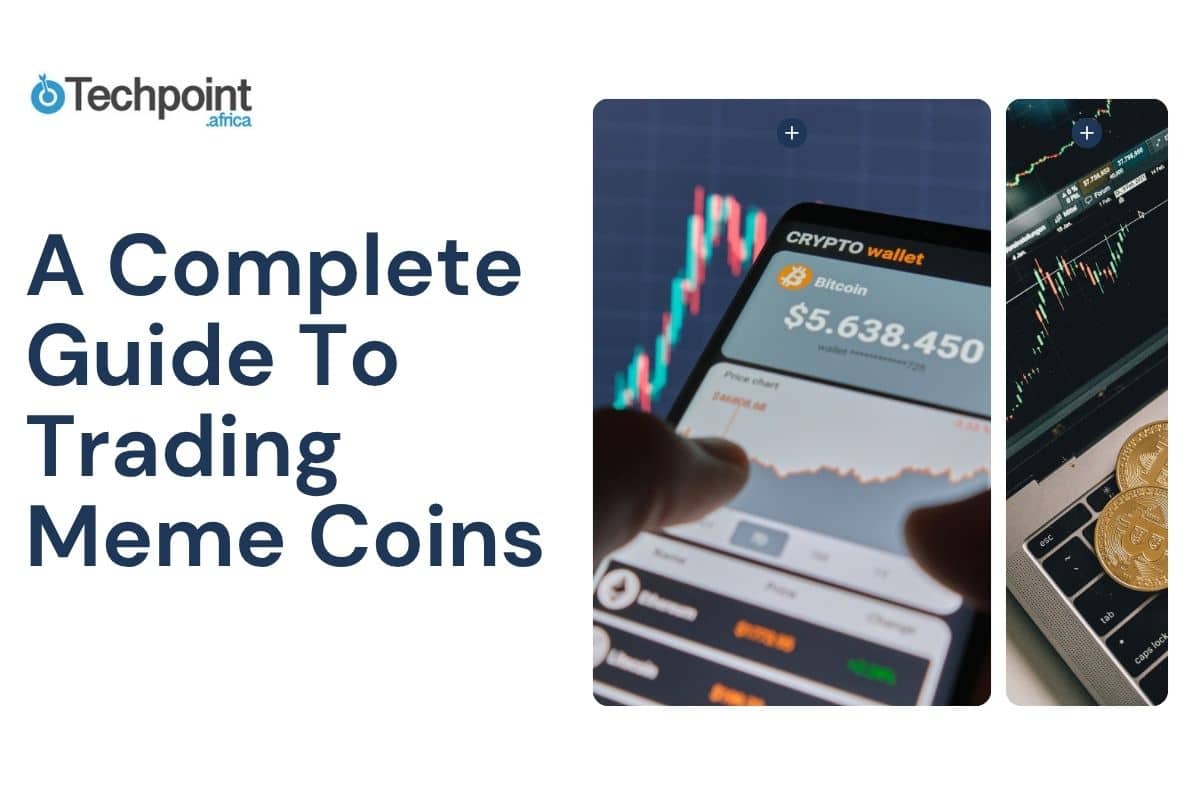In November 2021, Bitcoin was at an all-time high (ATH) of $68,000; it was definitely a great time to be in crypto. At times like that, crypto traders and evangelists seize every opportunity to remind everyone who isn’t into crypto trading what they are missing.
However, it is a different story on the crypto streets as Bitcoin is bleeding out. The flagship crypto has lost almost half of what it gained during the ATH of 2021, and the charts remain crimson red.
The continuous nosedive has wiped out $1 trillion from the total market cap of cryptocurrencies.
For those who are not new to the extreme volatility that comes with trading or hodling crypto, the current decline is just one of those things. For Ruth Iselema, Founder and CEO of crypto exchange, Bitmama, the current dip in crypto prices isn’t so much of a bother.
Iselema revealed this at Techpoint Build 2021 while speaking on the topic, Crypto beyond trading. She touched on other use cases of cryptocurrencies besides trading and how they could be very important to finance in Africa.
There’s more to crypto than trading
Cryptocurrencies are used primarily for speculative purposes, buying low and selling high, but they weren’t originally created for speculation. According to the white paper by Bitcoin’s elusive creator, Satoshi Nakamoto, the essence of Bitcoin is to provide a “system for electronic transactions without relying on trust.”
Today, Bitcoin trading is more or less a career path for some, an edge against inflation and the light at the end of the poverty tunnel. According to Iselema, cryptocurrencies are viewed this way, especially in Africa, because of the high poverty rate.
Around 40% of Africa’s population — 1.3 billion — lives in extreme poverty, making crypto trading a very attractive venture. Iselema also pointed out that crypto trading is more popular among other use cases because of the complexities of using cryptocurrencies.
Bringing crypto into regular finance

From lending, insurance, and exchange of value, cryptocurrencies have other use cases beyond trading. All these are classified under decentralised finance (DeFi), financial activities performed on decentralised networks.
When it comes to alternative use of cryptocurrencies, DeFi paints a very vivid picture. It allows crypto to perform the same function as traditional financial institutions with fiat currencies, but, of course, without the need for those institutions.
How does this work?
The goal of DeFi is to create a financial system without third parties. It does this through decentralised peer-to-peer networks. This means anyone without an Internet connection can lend, trade, and borrow without the usual documentation in centralised finance.
There are several DeFi protocols such as Compound that provide crypto lending and borrowing services. People who have crypto will make it available to those who want to borrow. Collateral can be provided in non-fungible tokens (NFTs) or other crypto assets.
Smart contracts are an essential part of DeFi as they ensure that every party holds up its end of the bargain. As opposed to lending apps that hassle borrowers after they default on payment, smart contracts immediately carry out the action that was agreed upon if the borrower defaults on payment.
Non-fungible tokens (NFTs) are also another interesting use case for crypto. From buying valuable art or music to creating one, NFTs have been a life-changer for Africans and many across the globe.
There’s still a high barrier
While these use cases seem simple enough on the surface, there is a high educational barrier to using them. According to blockchain research tool, Dune Analytics, there are 4 million unique DeFi addresses as of January 2022.
It is important to note that one person can have up to 10 addresses, and the actual users of DeFi protocols could be less than half of the number of existing addresses. This means that not even a fraction of the global population uses DeFi protocols.
While Africa might be the home of peer-to-peer Bitcoin transactions, it’s still behind in alternative crypto usage such as DeFi. In Statista‘s ranking of 20 countries with the most DeFi interactions, only one African country — Togo — made the list, ranking 20th.
This can be owed to the fact that many DeFi platforms are complicated and expensive to use. Blockchain expert Oluchi Enebeli believes that the blockchain space is still largely composed of engineers and developers who do not pay much attention to design and simplicity.
Although they’ve been touted as the path to financial freedom, crypto usage can be very costly, thus creating a financial barrier. Transactions on the Ethereum network, the most popular network for alternative crypto usage, cost a lot. For context, transaction costs could be higher than the value of the transaction.
While there are new networks, Solana and Polygon, for instance, springing up and reducing the cost of crypto usage, only time will tell if alternative crypto usage will catch on in Africa.










